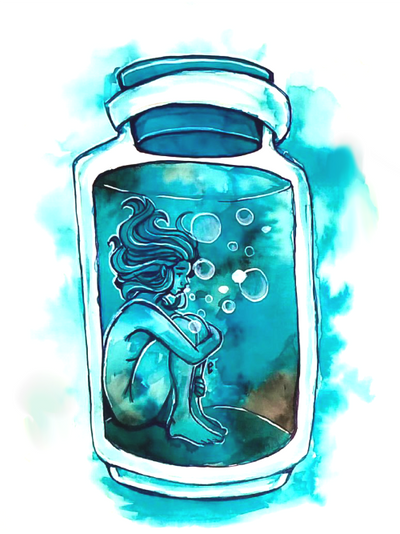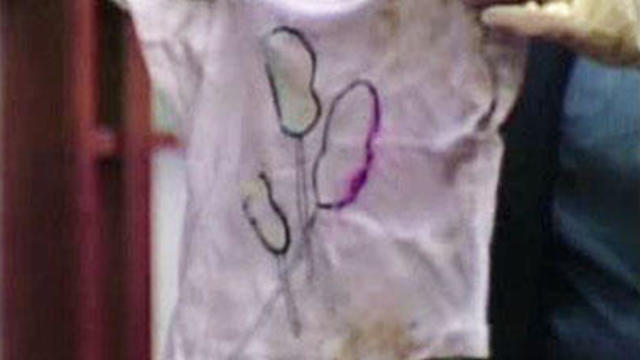Fatou Kebe
ENGL 21002
09/20/21
Option 3: Jaquira Diaz and Sandra Cisneros
Ordinary Girls: A Memoir is the book that I have chosen to read for our book club. It’s a narrative autobiography written by Jaquira Diaz about the obstacles she had to face growing up with family struggles, poverty, mental illnesses, and her own sexuality. The book covers Diaz’s violence-riddled childhood in the projects in Puerto Rico to her rocky adolescence in the housing projects of Miami. It is a coming-of-age story that depicts girlhood in its rawest form. Doing research and assignments on this memoir reminded me of another female writer that wrote a book that also shows the reality of growing up as a woman. Sandra Cisneros is the author who wrote one of my favorite books, The House on Mango Street. That book is a modern fiction piece that details the story of young Esperanza and her desire to find her place in the world. It tackles identity, womanhood, family, and friendship. The significance of names and the power in language are themes of this literature and it connects to who Cisneros is. To me the topics that both Diaz and Cisneros highlight in their stories are similar in the fact that it connects back to girlhood and the lives women live. Cisneros even commented on Ordinary Girls: A Memoir saying “Jaquira Díaz writes about ordinary girls living extraordinary lives. And Díaz is no ordinary observer. She is a wondrous survivor, a woman who has claimed her own voice, a writer who writes for those who have no voice, for the black and brown girls ‘who never saw themselves in books.’ Jaquira Díaz writes about them with love. How extraordinary is that!” Here she clearly states her admiration for Diaz and the importance of writing her life story.
Jaquira Diaz is a Puerto Rican writer that was raised in Miami, Florida. She is also an essayist, journalist, critic, and contributor to many notable periodicals. She was born in Puerto Rico to a family that lived in the housing projects. The neighborhood was known as a violent place with a lot of crimes occurring. When she grew older into her adolescence phase, her family moved out to Miami where they struggled with similar problems. They faced obstacles with their financial situation and poverty, with Diaz’s mother and her mental illness, with being queer in a neighborhood that was not open to LGBTQ+ people, and growing up being biracial with a white mother. As Diaz grew older writing became such an outlet for her to express herself and her dealings with identity, drugs, and self-harm.
Sandra Cisneros is a Mexican-American writer from Chicago, Illinois. She is a novelist, poet, short-story writer, performer, and artist that has also been teaching professionally for years now. She was born in the USA and she also holds dual-citizenship with Mexico due to the frequent times her family would go back to Mexico City during her childhood and adolescence. After her parents got married they settled in one of the poorest neighborhoods in Chicago. Soon after when she would turn 11 her family was able to put a down payment on a house in a Puerto Rican neighborhood on the east side of Chicago. This neighborhood and its people would be the inspiration for Cisneros when she wrote The House on Mango Street. As she grew older due to all of the moving back and forth from Mexico City and Chicago, her six only siblings [all brothers] soon departed the household leaving Cisneros to experience and call herself the isolated one.
Diaz and Cisneros are both Hispanic authors who wrote phenomenal work that I admire. Both writers produce pieces that are showing the importance of finding one’s own identity and the path and courage it takes to do so. In Diaz’s case, she writes in nonfiction about her own voyage to self-discovery and becoming the woman she is. For Cisneros, she wrote about a girl who wanted to escape more than anything, and during her girlhood, she found who she was inside. Both of these women write so that girls, especially those of color, can resonate and know that there are others who go through the same things, that they are not alone. That being a woman is a challenge of its own, never mind how we are treated in society. They both write to be a voice in addition. To let these stories be known to the public about the struggles and barriers women face while growing up. With this comes my deepest commendation because this is not an easy thing to do. To come out with personal stories of suicide, sexual assault, and mental illnesses, is a very brave and courageous thing to do. When I met Sandra Cisneros back in 2018 when she visited my high school, she quoted Plato and said “Courage is knowing what not to fear,” and I will never forget that.
Citations:
Cisneros, S. (1984). The House on Mango Street. Bloomsbury Publishing PLC.
Wikimedia Foundation. (2021, April 28). Jaquira Díaz. Wikipedia. from https://en.wikipedia.org/wiki/Jaquira_D%C3%ADaz.
Wikimedia Foundation. (2021, September 20). Sandra Cisneros. Wikipedia. from https://en.wikipedia.org/wiki/Sandra_Cisneros.




